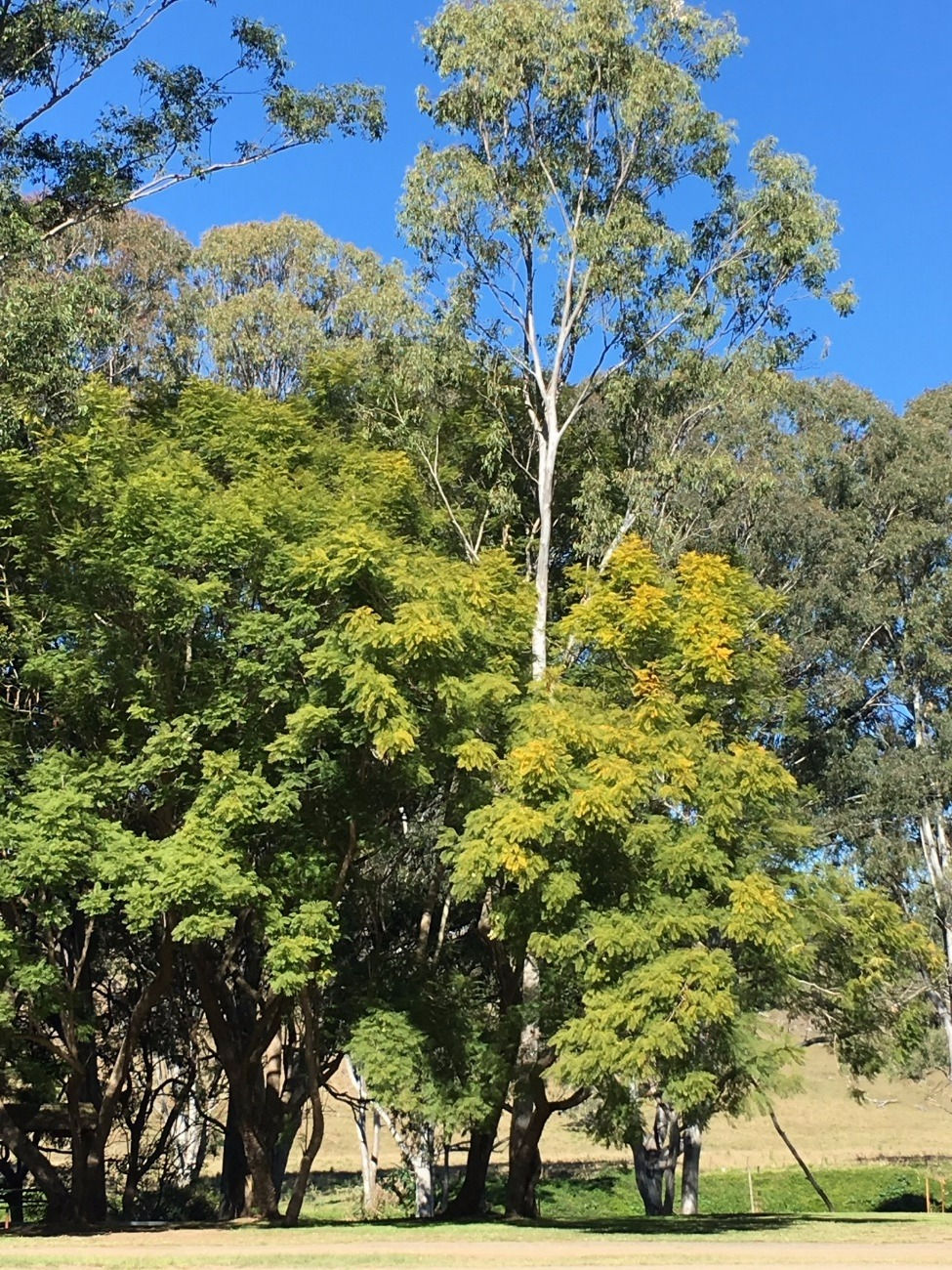Nature and Education
- suem0114
- Oct 27, 2017
- 3 min read
It was Mental Health week recently. One of the advertised television features was a story of a farmer who was saved from a close encounter with a bad end following a life-long battle with depression. His friend asked him to help manage trees. Together, the men planted and tended new trees, trimmed and removed diseased trees. The therapy has had an amazing effect.

This phenomenon resounded with a story I had heard once about a returned soldier who suffered from PTSD. He tended a magnificent vegetable garden and has had an amazing turn around in his level of contentment. Also, our school counsellor recently placed an article on the school website encouraging families to switch off screens.
I decided to investigate, as I have been reading of the atrocities of Cambodia to those who are now raising children and the ill-effects of their poverty-stricken world. Surely, tending a garden would have a double effect: food and calm.
The virtues of interacting with nature go even further.
Burls is cited as listing the following benefits (2007)
Aesthetic Value – enjoying the beauty of nature heightened awareness, curiosity, creativity and provided an antidote to modern living
This validates the placement of nature and flower pots in office and metropolitan areas.
Dominionistic Value – mastery & control over nature – builds capacity to resolve unexpected problems, leading to self esteem
Humanistic Value – affection and emotional attachment to nature – develops ability to develop connections to others
Moralistic Value - spiritual and ethical importance of nature – builds understanding of how man works in harmony with nature
Naturalistic Value – (fear and aversion of nature) – respect for the power and dangers of nature – develops ability to deal with fears in a constructive way
Scientific Value - ( metaphoric & figurative significance) able to understand the processes within nature – leading to adaptability
Utilitarian value – material and practical importance of nature – leads to understanding of how we rely on nature for survival.
Louv (2008) refers to “nature deficit disorder” where children have not interacted often enough with nature and he goes far enough to say that there is a development disorder in those.

Sandel (2004) cited by Beyond Blue reports that inmates who taking part in a horticultural program demonstrated increase in their sense of belonging, pride, co-operation and social skills. Seeland et al described the positive effects of the shared garden as migrants integrated into a new culture and made new friends. Healing gardens provided in hospitals showed positive effects on patients and visitors even if they spent less than 5 minutes there, there was an improvement in mood and a decrease in stress levels. Soga, Gaston & Yamaura (2016) after reviewing literature on a wide range of studies, found strong evidence that a regular session of gardening has positive effects on health.
With these facts and more figures, I feel it is important for each class to maintain a garden in all schools. Having seen a vegetable garden in operation in my local school or 650 students, there just isn’t enough interaction for all. Each class could take on a different type or area. For example, a herb garden, the easily maintained bushes, a flower garden, a vegetable garden, the flower pots all could be allocated to a particular class with new areas and vertical gardens, indoor plantar pots if there is not enough space out of doors.
Tending a garden promotes the sense of responsibility, builds self-esteem, excites, fuels curiosity, improves the sense of well-being and brings the students to be at one with nature. It may be integrated into mathematics, design, science or any content and skills-based units. It forms the basis for my Project Based Learning experience.


















Comments